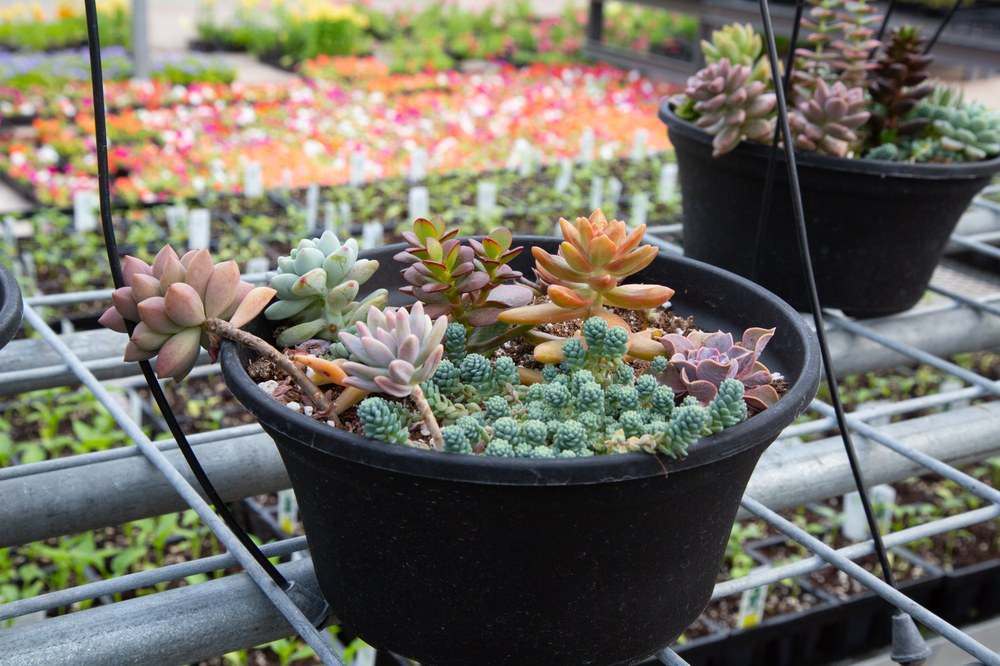Posted: May 24, 2021
The Penn State Extension of Berks County Master Gardeners feature questions and answers to inquires received through our Garden Hotline. Two recent questions and their answers are outlined.

Photo credit: Michael Houtz, Penn State University
Question: I live in an apartment with a patio. What can I grow in containers?
Answer: Containers are an excellent way to grow just about any vegetable or herb. For a successful harvest, here are a few considerations.
- Choose the right plants for a sunny or shady location. Know if the plant needs sun or tolerates shade.
- Choose vegetables that take up little space like carrots, radishes, and lettuce, or dwarf varieties.
- Access to water is important because some containers will need watering daily in hot weather. Beware: clay pots lose moisture rapidly!
- Size matters! One- to three-gallon pots work for herbs, green onions, radishes, onions, determinate tomato, or dwarf cucumber. gallon pots can handle full-size tomatoes, cucumber, eggplant, beans, and peas.
- Use "soilless" soil mixes and note fertilizer requirements. Both organic and non-organic fertilizers are available for container gardening
- Make sure there are one or two drainage holes in the bottom of the container.
Question: I've heard of the 'Three Sisters' in reference to gardening. What does that mean?
Answer: For centuries, corn, beans, and squash have been the center of Native American agriculture, notably among the Iroquois whose legend maintains that the three plants were a gift from the gods, always to be grown and eaten together.
In fact, growing the three crops together is an excellent example of companion planting and interplanting--techniques gardeners use to grow more in less space.
How does it work? Plant one corn seed next to one pole bean seed next to one squash seed. It's as simple as that!
The three plants grow symbiotically to deter weeds, enrich the soil and support each other. Corn offers support as the beans climb up the stalks. Beans pull nitrogen from the air and bring it to the soil for the benefit of all three. Squash vines create living mulch that shades the soil, keeping it moist and preventing weeds.
Penn State Master Gardeners with advanced diagnostic training staff the hotline, answering questions on lawn care, landscape plants, houseplants, fruit, vegetables and herbs, insect and disease issues, and identification of unknown plants or insects. Advice is based on Integrated Pest Management strategies and environmentally-friendly approaches. For more information on these and other gardening-related topics, email the Garden Hotline at berksmg@psu.edu.

